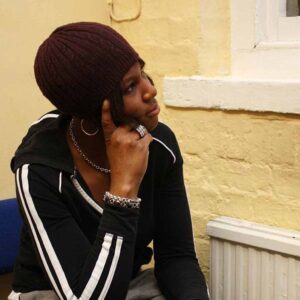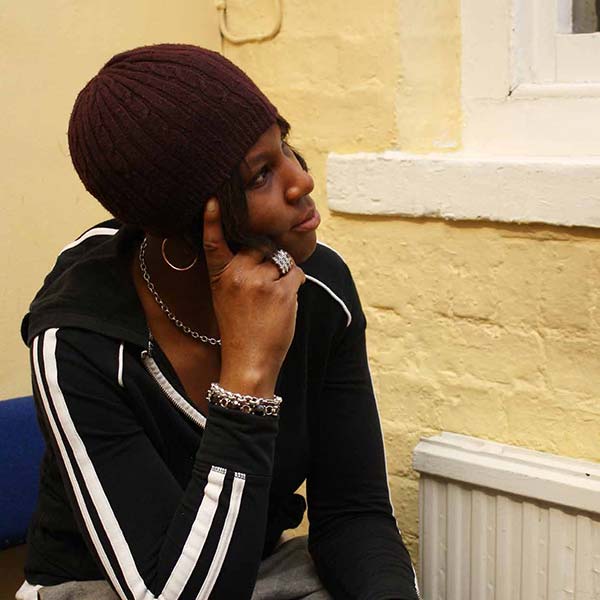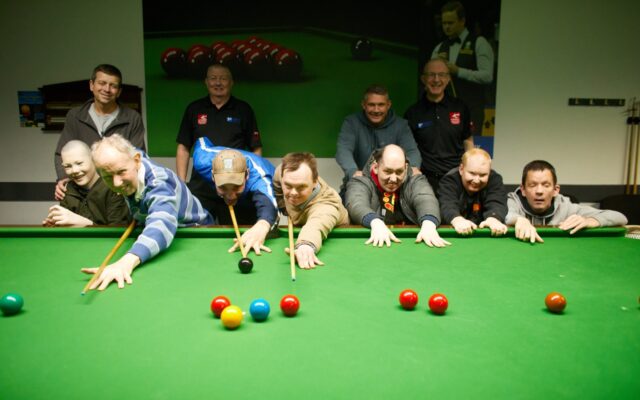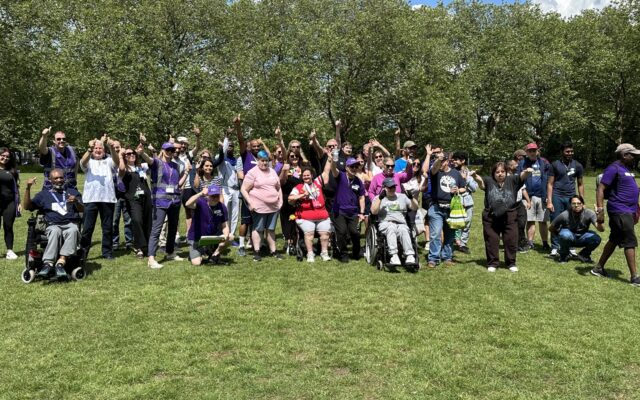There is a long history – which has by no means ended – of people with learning disabilities being mistreated in hospitals, care homes, family homes and in their own homes and communities.
Given this history and this continuing problem, there is no argument against the idea that some form of protective measures are needed to lower the risks.

However, in a disturbing article (pages 12-13) Paul Williams asks if the pendulum has swung too far and whether the strictures of safeguarding policies have become in themselves a new form of abuse that deprives people of rights and basic human comforts, such as a sympathetic touch and friendliness from those they see every day.
Williams describes a litany of measures that create a cold, comfortless world in the daily interactions of people with learning disabilities with the staff who support them. These range from the prohibition of exchanges of gifts to bans on friendships when there is a professional care relationship, which include disclosing information (such as a staff member’s mobile phone number) and prohibiting visits to workers’ homes.
Physical affection in the form of hugs is not permitted, and staff are not allowed to provide an adult placement for or foster a person they work with.
This withdrawal of human warmth and normal personal interaction from such relationships is exacerbated by the fact that many people with learning disabilities have few or no relationships or friends apart from those who work with them. They are consigned to a reduced life where they interact only with those who are paid to support them, and those employed have to maintain a considerable professional distance at all times.
No one flourishes in a world where they are cut off from social and friendship groups and the warmth, connections and interest these bring. Indeed, as recent research shows (page 22-23), positive relationships are critical to success in life transitions, and enabling people to move on from settings such as assessment and treatment units.
It is hard to contemplate living in a world where the people you see every day are not allowed to touch you (nor you them), cannot form a friendship with you and cannot even share information with you about their own lives.
Protection is necessary, but it must not become inhuman and deprive people of a meaningful life – because that is what it was meant to stop happening in the first place.
Arts are integral to our existence
We have all had tough times over the past 18 months, and the human losses from the pandemic as well as the damage to people’s lives have been at times overwhelming.
As we move towards a post-pandemic yet still difficult time, we continue to showcase the amazing work people have done to keep going and get through to the other side.
This has been particularly evident in the arts. In our back section, Juliet Diener writes about the online work of the icandance company and their joyous return to dancing together in person. Sam Dook describes how a group of young adults quite literally made music by building instruments themselves. Tracey Harding pinpoints some amazing recent film work by learning disabled film-makers and actors.
Things we may have taken for granted are precious and also precarious Đ something we learned only when deprived of them. Dance, music, film and other arts are not pleasant add-ons but are integral to who we are as human beings.
That so many people with learning disabilities have shown such creativity and ingenuity in the toughest of tough times is a huge tribute to their resilience and ability.
Simon Jarrett
Editor





